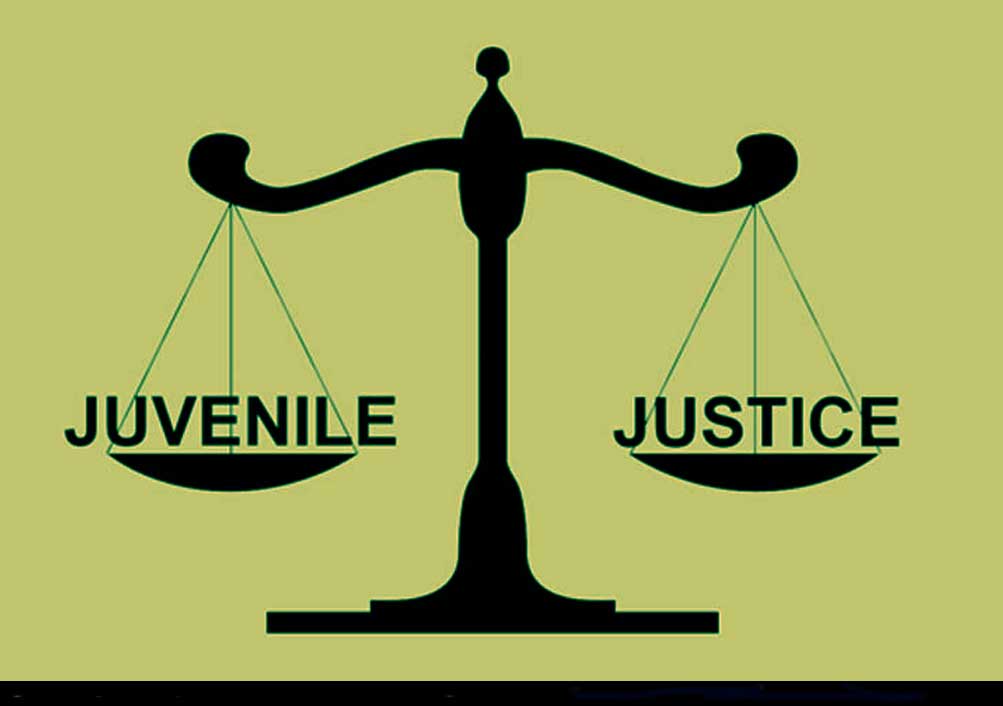In CRWP-1665-2016-PUNJ HC-Legislature has made provisions restricting challenge of acquittal of accused further, once juvenile is acquitted by Juvenile Justice Board: P&H HC Justice Rajesh Bhardwaj [02-06-2022]

Read Order: State of Haryana v. Virender Singh @ Goly
Monika Rahar
Chandigarh, June 24, 2022: While dealing with an appeal by the State of Haryana in an order of acquittal of a juvenile accused of rape, the High Court Punjab and Haryana has held that once the accused is acquitted, there lies double presumption of innocence in his favour and the Higher Court cannot intervene in the case of acquittal in a cavalier manner.
The Bench of Justice Rajesh Bhardwaj further added,“The interference can be in a situation when there are perversities in the findings arrived at by the Trial Court. If there are two views possible then the one favouring the accused should be adopted.”
Also, the Court added, “As per statutory provisions the Legislature has already made provisions restricting the challenge of acquittal of the accused further once the juvenile is acquitted by the Juvenile Justice Board.”
In this case, the State of Haryana filed the instant criminal writ petition impugning the order whereby the respondent-accused was acquitted by the Principal Magistrate, Juvenile Justice Board, Kurukshetra.
Essentially, it was the case of the victim that the respondent-accused entered her room during the night; threatened her of dire consequences for her family if he raised alarm and took her to his shop, where his mother who was also present closed the shutter of the shop from outside. Thereafter, respondent-accused committed rape upon the victim and she was threatened not to disclose the factum of this incident with anyone.
Later, the victim and her family members approached the Police and resultantly, an FIR under Sections 376, 365, 452, 366 and 506 IPC was lodged.
At the conclusion of the investigation, the challan was presented by the investigating agency and the juvenile-accused was sent to the observation home. Both the sides produced their respective evidence before the Juvenile Justice Board and on conclusion of the same, the accused was acquitted.
The State counsel vehemently contended that the Juvenile Justice Board misread the evidence produced by the prosecution. It was submitted that the petitioner-State already assailed the order declaring the respondent-accused to be a juvenile.
Also, it was the Counsel’s case that the victim was 15 ½ years of age at the time of occurrence and hence her evidence could not be ignored. He submitted that the prosecution witnesses fully supported the prosecution version, whereas the Juvenile Justice Board failed to appreciate the same judiciously and thus drew a wrong conclusion in acquitting the respondent-accused.
Further, the State counsel contended that the impugned order deserved to be set aside and the respondent-accused deserved to be convicted for the offence committed by him.
After hearing the State Counsel, it came to the notice of the Court that respondent-accused took the objection that the first twelve prosecution witnesses were examined before framing of the charges and after framing of the charge only two witnesses were examined. Therefore, it was the argument of the respondent- accused that as the majority of the witnesses were not examined before framing of charge, thus, their depositions could not be taken into consideration.
However, this contention was repelled by the Juvenile Justice Board finding no irregularity in view of Section 251 Cr.P.C.
The State Counsel on the other hand argued that the victim was a minor and on the date of the occurrence the accused entered her home in the night and forcibly took her on motorcycle and thereafter committed rape on her.
On this aspect, the Court perused the testimony of the victim and concluded that the forcible kidnapping of the victim while she was sleeping along with other family members and they were not even knowing the same, was totally an unnatural and improbable conduct which could not be accepted.
Further, the Bench added that there were material contradictions in the depositions made before the Juvenile Justice Board regarding the place of occurrence and the site plan. Also, it was noted that the victim’s father deposed that her mother gave her a mobile, but the victim stated that the mobile was never given to her.
Also, it was observed that besides this, the ocular version was not even medically corroborated beyond reasonable doubt. It was also mentioned that the High Court by an order of the even date upheld the findings declaring the respondent-accused a juvenile.
Additionally, reflecting on the intention of the legislature, Justice Bhardwaj asserted that as per statutory provisions the Legislature has already made provisions restricting the challenge of acquittal of the accused, once the juvenile is acquitted by the Juvenile Justice Board.
Thus, against this backdrop, it was held that as per the settled principle of law, the appeal against the acquittal and that against the conviction rests upon two different pedestals.
“Once the accused is acquitted there lies double presumption of innocence in his favour. The Higher Court cannot intervene in the case of acquittal in a cavalier manner”, held the Court, while also adding,
“The interference can be in a situation when there are perversities in the findings arrived at by the Trial Court. If there are two views possible then the one favouring the accused
should be adopted.”
Thus, keeping in view the overall facts and circumstances of the case and evidence adduced on record on the anvil of the law settled, the Court found no infirmity in the conclusion arrived at by the Juvenile Justice Board, Kurukshetra in acquitting the accused and hence the petition was dismissed.
Sign up for our weekly newsletter to stay up to date on our product, events featured blog, special offer and all of the exciting things that take place here at Legitquest.




Add a Comment